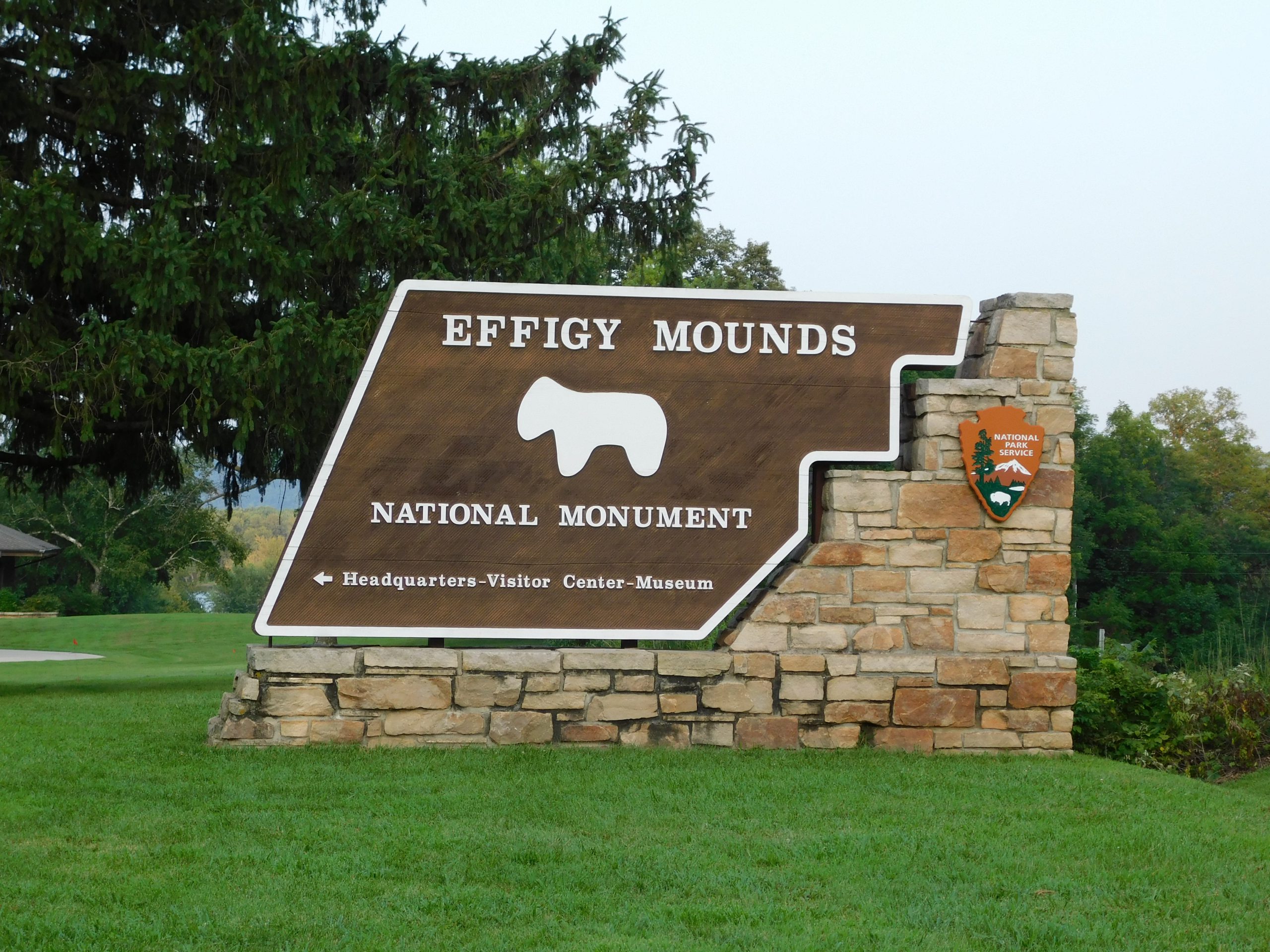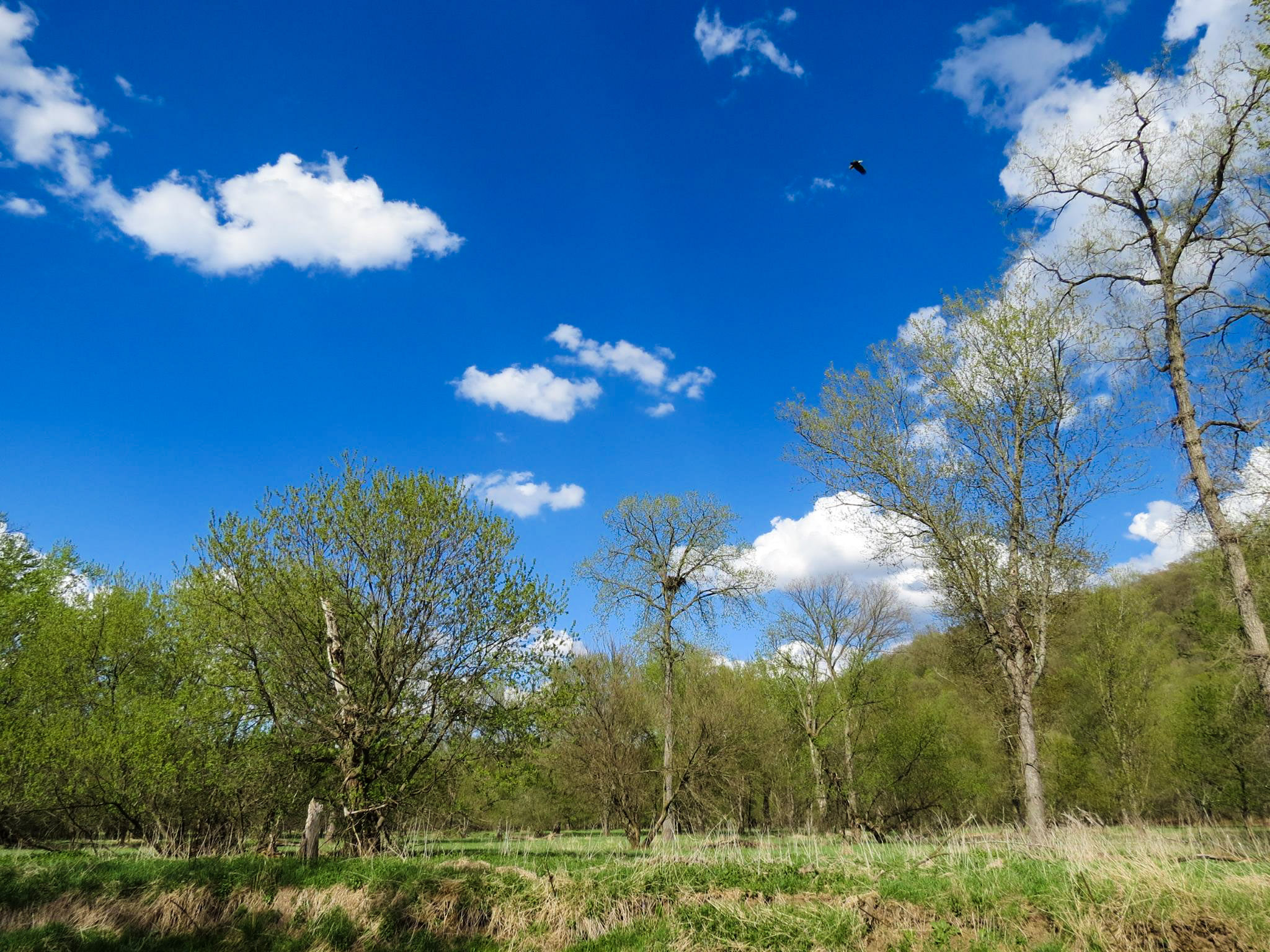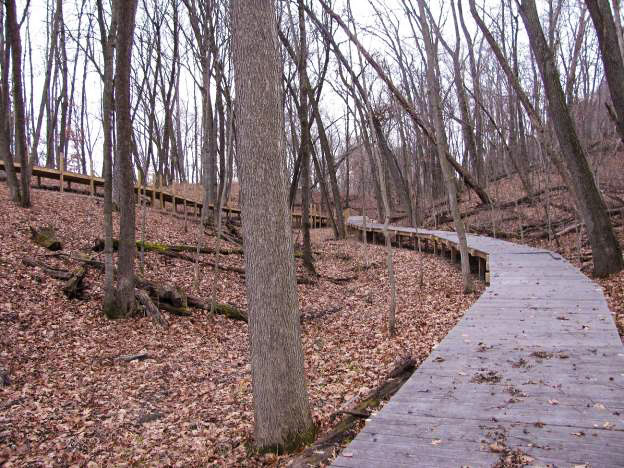Indianz.Com > News > Full-time NAGPRA investigator hired for first time in decades

Full-time NAGPRA investigator hired for first time in decades
Monday, January 31, 2022
Indianz.Com
WASHINGTON, D.C. —
The Biden administration is taking greater steps to enforce the Native American Graves Protection and Repatriation Act, more than 30 years after the law went on the books.
On Monday, officials announced the hiring of the first full-time NAGPRA investigator at the Department of the Interior. The new employee will help ensure that museums and other institutions are complying with the federal law, which requires the return of ancestral remains and cultural property to their rightful American Indian, Alaska Native and Native Hawaiian caretakers and owners.
“Repatriation is a sacred responsibility for many Native Americans,” Chuck Sams, a citizen of the Confederated Tribes of the Umatilla Indian Reservation who serves as director of the National Park Service, said in a news release.
“We hope our efforts to streamline the requirements of NAGPRA and invest in additional staff will lead to more instances of proper repatriation and reburial of Indigenous ancestors and cultural items,” said Sams, who is the first Native person to lead the NPS.
And just as significantly, the NAGPRA investigator will look into violations of the law, possibly even criminal wrongdoing. Such a role is familiar to David Barland-Liles, a long-time federal government employee who helped investigate the theft of tribal ancestors from a national monument. “David is a proven leader and skilled investigator who has helped us strengthen our government-to-government relationships with Native American tribes and I am pleased to have him serve in this critical role,” Sams said of the new NAGPRA investigator. Barland-Liles has worked for NPS for 33 years, according to the department. He was part of a team that received the John L. Cotter Award of Special Achievement for Excellence in Archeology for helping resolve the theft of ancestral remains from the Effigy Mounds National Monument in Iowa. The crime was an inside job — carried out by Thomas A. Munson, the former superintendent at Effigy Mounds. He admitted he took tribal ancestors from the federal site and kept them in garbage bags in his home. “This was a racist and bigoted act,” Patt Murphy, the NAGPRA representative for the Iowa Tribe of Kansas and Nebraska, wrote in a victim impact statement submitted in federal court. “Thomas Munson stole them and then dumped them into cardboard boxes,” Murphy said of the ancestors that were taken from their resting places. Munson pleaded guilty and was sentenced to 10 consecutive weekends in jail, 12 months of supervised probation and home detention for 12 months. He also agreed to produce a videotaped apology to the tribes affected by his crime and to have a written apology published in Indianz.Com and other Native news outlets. More than six years after the November 2015 plea agreement, there is no record of a videotaped apology in Munson’s court file. No one from his defense team or the federal government ever contacted Indianz.Com to publish the apology either. Despite the apparent lapses, the U.S. Probation and Pretrial Services System in July 2017 said Munson “complied with the conditions of probation imposed by the court” and recommended that “proceedings in the case be terminated.” There are no further entries in the case docket. The high-profile case, though, is something of an anomaly. Rarely has anyone — an individual or an institution — been punished for violating NAGPRA since the law was enacted in November 1990.Repatriation is a sacred responsibility for many Native Americans. Today, the @NatlParkService announced the hire of a full-time investigator to enhance oversight and museum compliance with the Native American Graves Protection and Repatriation Act. https://t.co/PVN6BHh0PB
— US Interior Press Team (@USInteriorPress) January 31, 2022

Ms. Joy Beasley
Associate Director, Cultural Resources, Partnerships and Science
National Park Service
U.S. Department of the Interior
Washington, DC Dr. Anna Maria Ortiz
Director, Natural Resources and Environment
U.S. Government Accountability Office
Washington, DC Ms. Carmen Hulu Lindsey
Chair
Office of Hawaiian Affairs
Honolulu, Hawaii Dr. Valerie Grussing
Executive Director
National Association of Tribal Historic Preservation Officers
Washington, DC Dr. Rosita Worl
President
Sealaska Heritage Institute
Juneau, Alaska
The hearing takes place at 2:30pm Eastern on Wednesday in Room 628 of the Senate Dirksen Office Building. A livestream will be available on indian.senate.gov.
Associate Director, Cultural Resources, Partnerships and Science
National Park Service
U.S. Department of the Interior
Washington, DC Dr. Anna Maria Ortiz
Director, Natural Resources and Environment
U.S. Government Accountability Office
Washington, DC Ms. Carmen Hulu Lindsey
Chair
Office of Hawaiian Affairs
Honolulu, Hawaii Dr. Valerie Grussing
Executive Director
National Association of Tribal Historic Preservation Officers
Washington, DC Dr. Rosita Worl
President
Sealaska Heritage Institute
Juneau, Alaska

Crow Creek Sioux Tribe
Flandeau Santee Sioux Tribe
Ho-Chunk Nation
Iowa Tribe of Kansas & Nebraska
Iowa Tribe of Oklahoma
Lower Sioux Indian Community
Omaha Nation
Otoe-Missouria Tribe
Ponca Tribe of Nebraska
Prairie Island Indian Community
Sac and Fox Nation of Missouri in Kansas and Nebraska
Sac and Fox Nation of Oklahoma
Sac and Fox Tribe of the Mississippi in Iowa
Santee Sioux Nation
Shakopee Mdewakanton Sioux Community of Minnesota
Sisseton Wahpeton Oyate Tribe
Standing Rock Sioux Tribe
Upper Sioux Indian Community
Winnebago Tribe of Nebraska
Yankton Sioux Tribe
Flandeau Santee Sioux Tribe
Ho-Chunk Nation
Iowa Tribe of Kansas & Nebraska
Iowa Tribe of Oklahoma
Lower Sioux Indian Community
Omaha Nation
Otoe-Missouria Tribe
Ponca Tribe of Nebraska
Prairie Island Indian Community
Sac and Fox Nation of Missouri in Kansas and Nebraska
Sac and Fox Nation of Oklahoma
Sac and Fox Tribe of the Mississippi in Iowa
Santee Sioux Nation
Shakopee Mdewakanton Sioux Community of Minnesota
Sisseton Wahpeton Oyate Tribe
Standing Rock Sioux Tribe
Upper Sioux Indian Community
Winnebago Tribe of Nebraska
Yankton Sioux Tribe
Senate Committee on Indian Affairs Notice
Oversight Hearing “The Long Journey Home: Advancing the Native American Graves Protection and Repatriation Act’s Promise After 30 Years of Practice” (February 2, 2022)
Department of the Interior Takes Steps to Enhance Compliance of the Native American Graves Protection and Repatriation Act
National Park Service announces hiring of first full-time NAGPRA investigator
The following is the text of a January 31, 2022, news release from the Department of the Interior.
WASHINGTON — The National Park Service has hired a full-time investigator to enhance oversight and museum compliance with the Native American Graves Protection and Repatriation Act (NAGPRA) for the first time in in the Act’s 31-year history. Additionally, the Department of the Interior recently completed consultation with 71 Tribal Nations across the United States on improvements to NAGPRA regulations. Together, these efforts will further Interior’s commitment to facilitate and ensure respectful disposition and repatriation under NAGPRA.
In July 2021, Interior announced the beginning of Tribal consultation as part of an ongoing review to update NAGPRA. The proposed changes to NAGPRA regulations, which will be made available for public review and comment in early 2022, would streamline requirements for museums and federal agencies to inventory and identify Native American human remains and cultural items in their collections.
“The repatriation of human remains and sacred cultural objects, and the protection of sacred sites is integral to preserving and commemorating Indigenous culture,” said Assistant Secretary for Indian Affairs Bryan Newland. “Changes to the NAGPRA regulations are on the way and long overdue.”
The proposed updates will incorporate input from more than 700 specific comments made by Indian Tribes and Native Hawaiian organizations (NHOs) during consultations. Key feedback from the robust consultation included:
- Strengthening the authority and role of Indian Tribes and NHOs in the repatriation process,
- Addressing barriers to timely and successful disposition and repatriation,
- Document and address requests of Indian Tribes and NHOs when human remains or cultural items are discovered on federal or Tribal lands before items are further disturbed, and
- Increase transparency and reporting of holdings or collections
Search
Filed Under
Tags
More Headlines
Native America Calling: A sample of Native Guitars Tour 2024
Native America Calling: How Native literature is changing the mainstream narrative
Native America Calling: No ordinary animal
Native America Calling: Safeguards on Artificial Intelligence
NAFOA: 5 Things You Need to Know this Week
Chuck Hoskin: Cherokee Nation takes the lead for our environment
Native America Calling: Earth Day assessment for Native peoples
Cronkite News: Gathering addresses ‘epidemic’ among Native people
VIDEO: Cody Desautel on tribes and federal forest management
AUDIO: Legislative Hearing on Discussion Draft of Forest Management Bill
Native America Calling: Remembering the 1974 Navajo border town murders
Native America Calling: Can the right approach close the Native immunization gap?
Cronkite News: Long COVID cases remain high in Arizona
Native America Calling: Eyes in the sky for development, public safety, and recreation
Native America Calling: Three new films offer diverse views of Native life
More Headlines
Native America Calling: How Native literature is changing the mainstream narrative
Native America Calling: No ordinary animal
Native America Calling: Safeguards on Artificial Intelligence
NAFOA: 5 Things You Need to Know this Week
Chuck Hoskin: Cherokee Nation takes the lead for our environment
Native America Calling: Earth Day assessment for Native peoples
Cronkite News: Gathering addresses ‘epidemic’ among Native people
VIDEO: Cody Desautel on tribes and federal forest management
AUDIO: Legislative Hearing on Discussion Draft of Forest Management Bill
Native America Calling: Remembering the 1974 Navajo border town murders
Native America Calling: Can the right approach close the Native immunization gap?
Cronkite News: Long COVID cases remain high in Arizona
Native America Calling: Eyes in the sky for development, public safety, and recreation
Native America Calling: Three new films offer diverse views of Native life
More Headlines